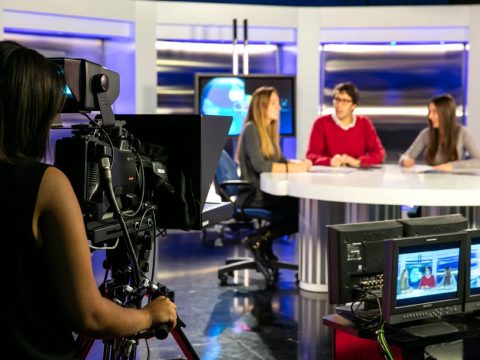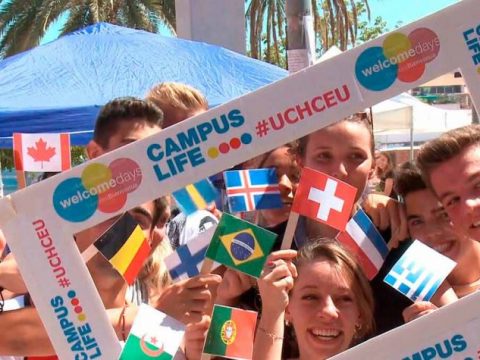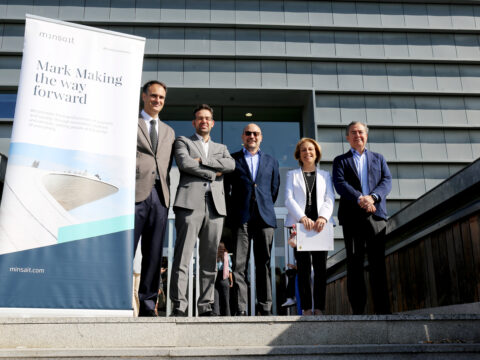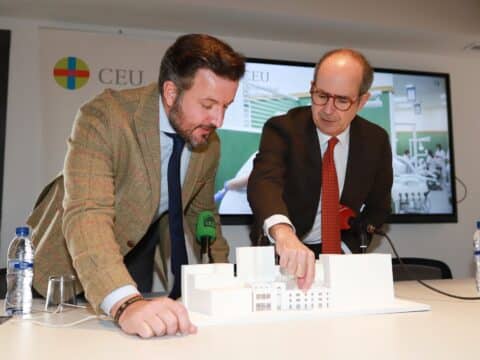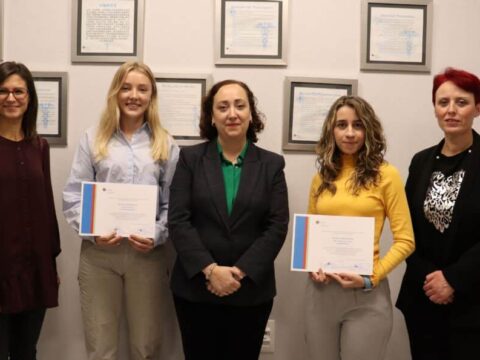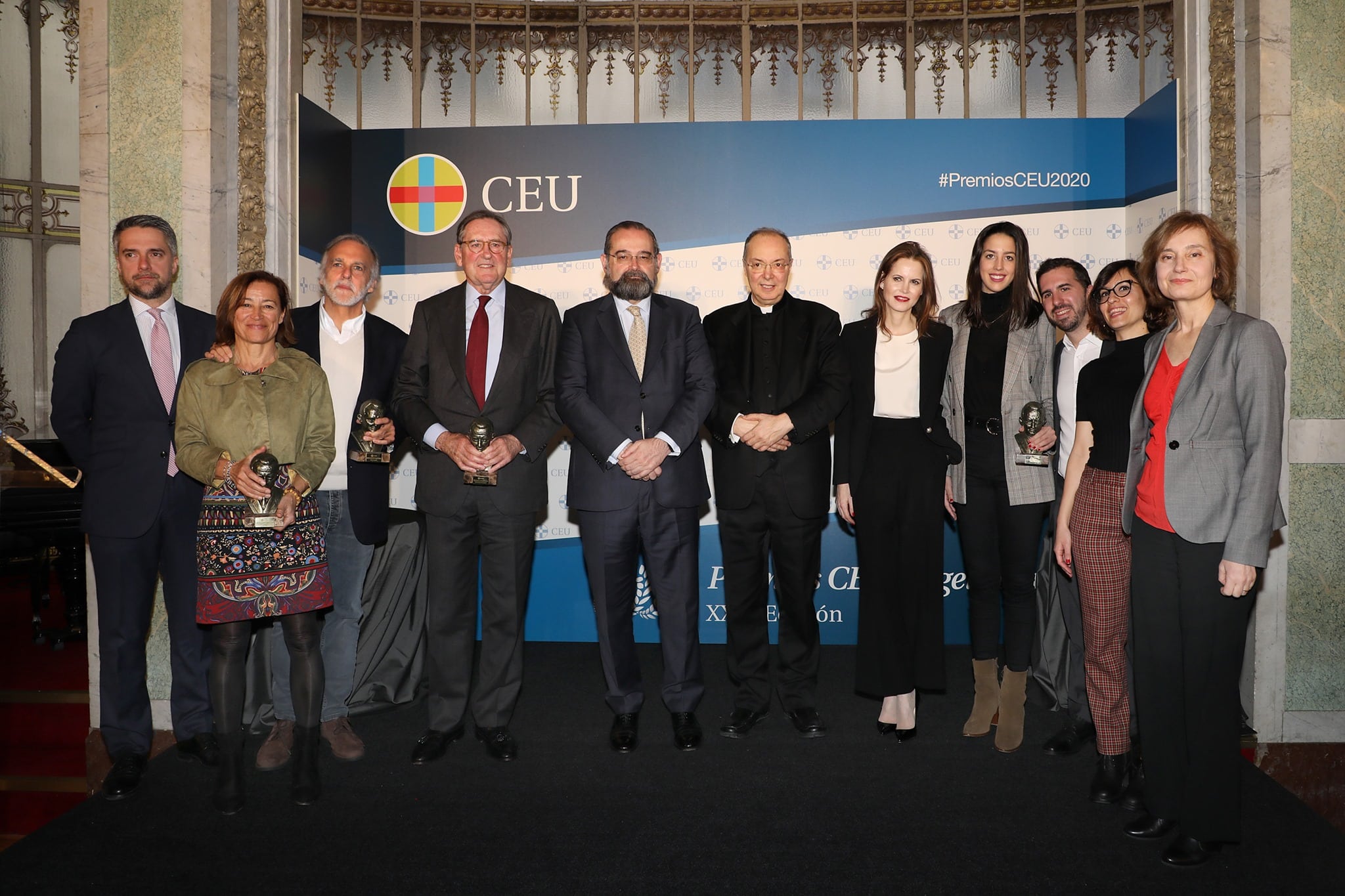
Twenty third CEU Ángel Herrera Awards acknowledge the social, educational and research duty of people and institutions
23 January, 2020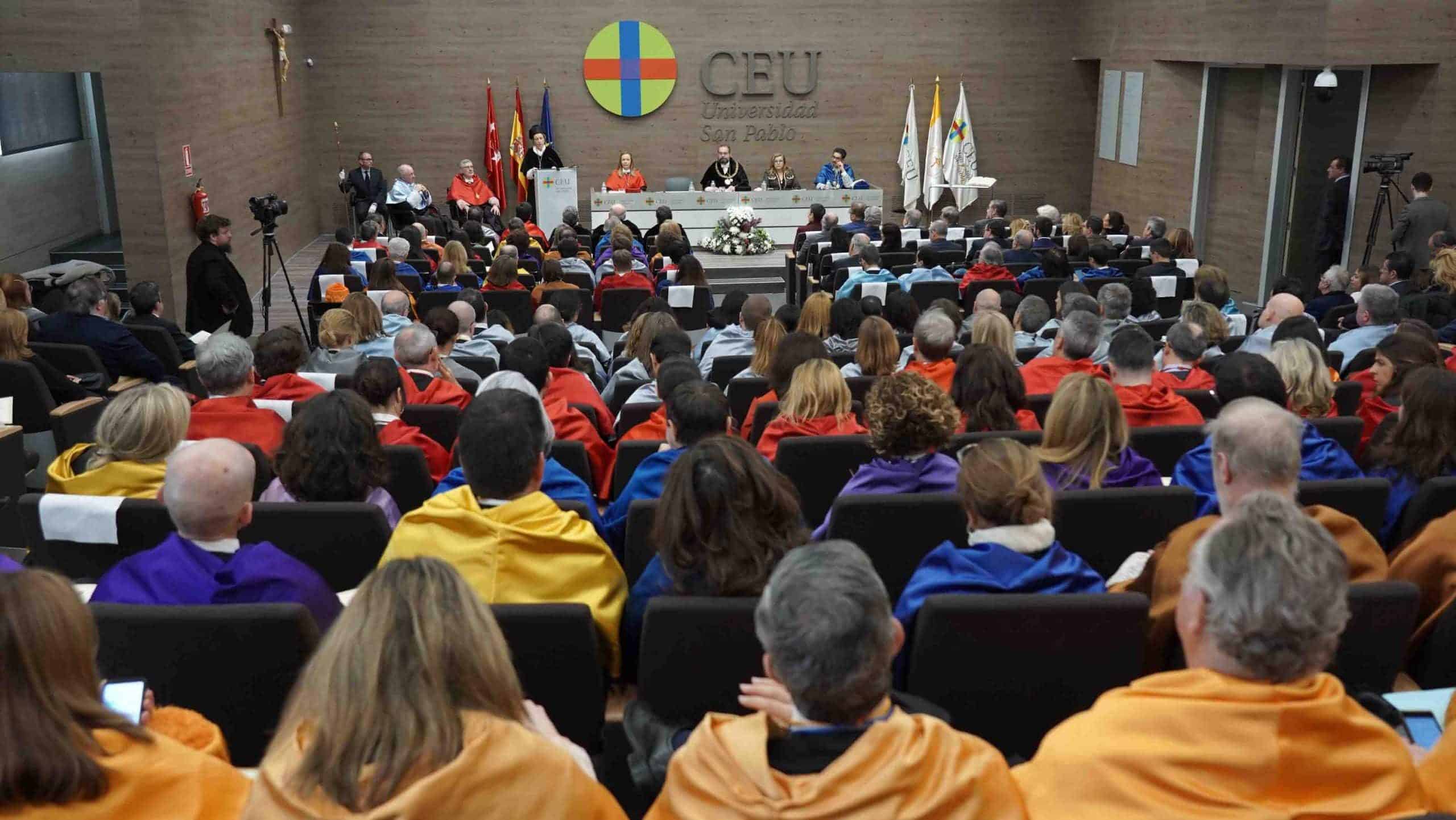
Universidad CEU San Pablo has named Sorbonne Professor Rémi Brague as Doctor Honoris Causa
31 January, 2020CEU Universities have found in research one of the cornerstones of their educational model. This priority given to the research activity responds to the objective of generating knowledge and disseminating it, transferring it to the society and students through education.
Although academic research is normally associated to scientific areas it is also very present in disciplines related to Humanities and Social Sciences. They require less material resources as it does not need expensive materials, installations, laboratories, etc. It is based on research talent that with a multidisciplinary approach will address different subjects. The aim is to delve into those issues that improve knowledge and understanding of the human being or which favour the development of society. In fact, research in Humanities may also have an innovative and scientific nature that can improve the quality of life of people.
Broad knowledge that helps understand and improve society
According to Royal Decree 913/1992 of 17th July providing for the Official University Degree in Arts and Humanities, “subjects leading to the official degree on Humanities should provide appropriate interdisciplinary humanistic education considering especially a contemporary approach”.
Therefore with the degrees in Humanities offered by CEU Universities, students may gain broad knowledge of those subjects which form the so called human sciences. It will therefore achieve a broad scientific and methodological basis as well as deep knowledge of human culture. With all this, students will obtain the necessary skills to act with a critical approach in their social and cultural environment with:
- The understanding, evaluation, questioning and discussion of the theoretical and practical approach to human nature as well as the theory and technical aspects of communication.
- The general overview of the humanistic subjects which have favoured the historical, cultural and social development.
- The analysis, argument and organization capacity of a speech mastering synthesis and development.
- The capacity to communicate using both personal resources and new technologies.
- The use of new media and the development of communication strategies.
- The capacity to design, produce and manage information and cultural contents.
Moreover graduates shall show their capacity to investigate and practice in their Final Degree Project. With their education they will also achieve the necessary skills to defend before an audience a scientific dissertation.
A good example of this commitment with the research activity is the Department of Humanities of Universidad CEU Cardenal Herrera. Among their research groups they deal with topics such as bioethics, democratic transitions or issues such as corporate reputation, digital gap, corporate communication, artificial intelligence, ethical involvements of robotics, education, etc.



